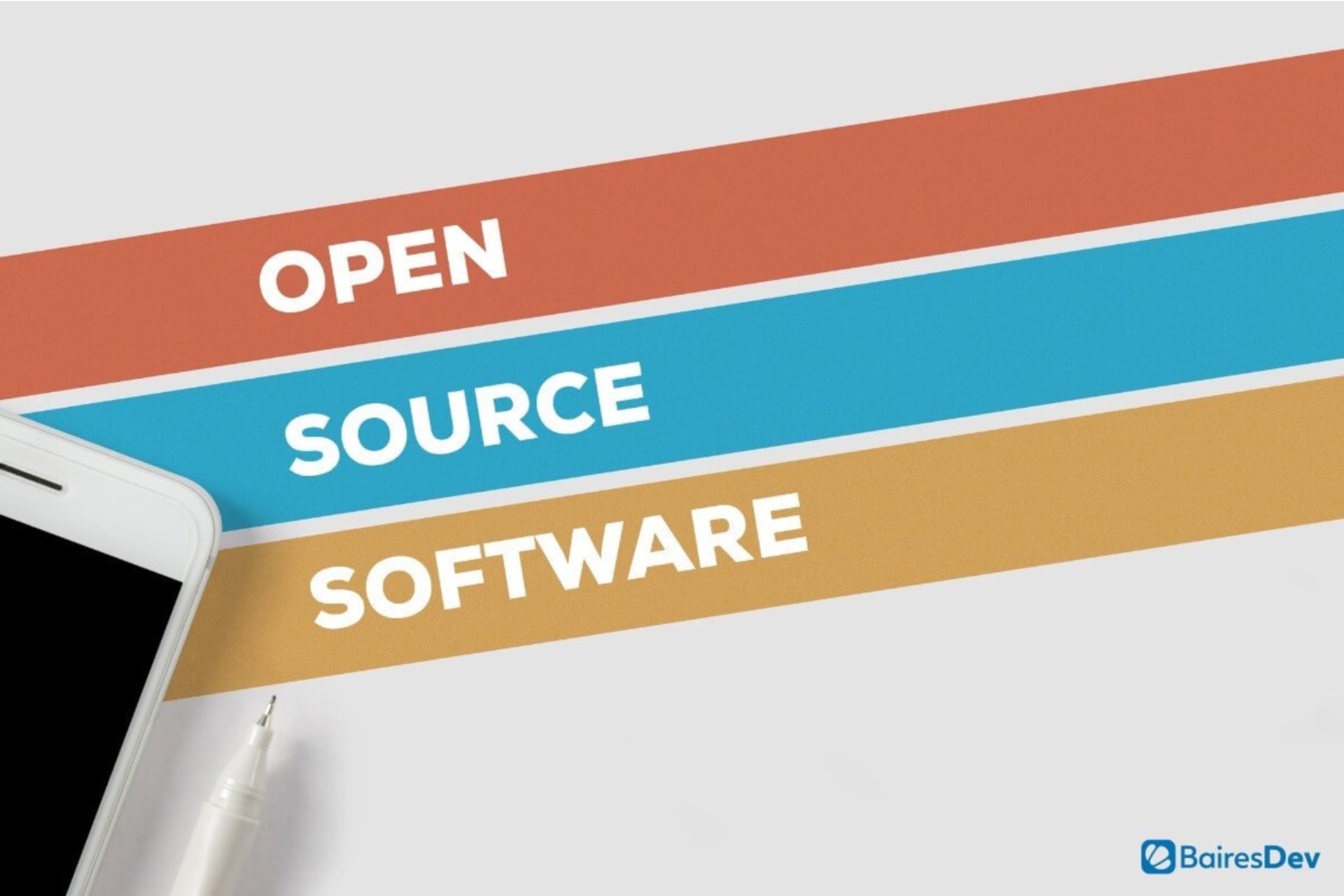Practically every company on the planet is engaged with open-source software. Whether they are making use of a current piece of software, service, or API, or building their own tooling, working with open-source has become an absolute must. If a company wants to be agile and automated, open-source is the way to go.
But some companies that build a lot of in-house software are often faced with the idea of open-sourcing their projects. To many, this is a no-brainer. Other businesses, however, struggle with the idea of making their code available for anyone to see and use. The very idea that someone could roll your code into their own projects, thereby benefiting from your developer’s hard work, is for many a non-starter.
But that attitude is a bit short-sighted.
Let’s take a look at the reasons why you should open-source your projects and a few reasons why you shouldn’t.
The Pros of Open-Sourcing Your Project
First, we’ll take a look at the pros.
Give What You Get
First off, there’s no way around your company using open-source software. It’s inevitable. Truth be told, your company might not be where it is today had it not been for the many open-source projects available.
Because of that, why not give back to those projects by way of releasing your source code? Who knows, you might have made a change to a project that could help improve how the entire world does business. That level of giving cannot be overstated. Many open-source projects greatly benefit from that kind of back and forth. So if your company wants to give back to the community that has helped to bring your business into the modern era, open-sourcing your project is a great place to start.
World Wide Vetting
You probably have a team of in-house testers that go through every piece of software that is released, to ensure it functions properly. But what if you could enlist an entire globe of testers to help find and fix those bugs?
When you open-source your projects, you make the source code available for developers across the planet to view and alter. You might find a C or Java developer on the other side of the globe has discovered a serious vulnerability that your Q&A team missed. You cannot put a price on that.
Improve Your Company’s Reputation
Reputation matters, especially at a time where everything is connected 24/7. When a company does bad things, reactions occur at the speed of 240 characters. Conversely, when a company does good, the word also travels.
If you want to bolster the reputation of your company, open-sourcing a project can help. Although that bit of good news will originally travel through development and open-source circles, eventually word will get out and give your company a boost. And even if it only bolsters your reputation among the tech and IT inclined, those communities are also filled with consumers.
Having a Say in Major Projects
Imagine your developers having a say in projects like Kubernetes, Docker, Apache, Samba, or the Linux kernel. That would not only give you major bragging points, but it could give your company a foot in the door as to how those projects evolve. When you’re looking at a project from the inside, you might have a bit more influence, which could bring your company projects to the next level.
On top of this, your company is most likely already using open-source projects. So why not get involved so your business is more than just an observer?
Faster Innovation
Let’s face it, your teams can only work so hard and fast. When you keep a tight leash on project source code, you limit the scope and scale of the developers that can help. When you open-source the project, you make it possible for more people to view and work with the code. Not only will your project come to fruition faster, but you’ll also see innovation on the project grow at exponential rates.
Learn From the Best
You might think you’ve hired the best developers available, but there is always better-skilled talent out there. And when your developers start working with those developers, education happens. That’s the kind of training you can’t pay for or find in any class. If you want your developers to learn from the best, open-source your project.
The Cons of Open-Sourcing Your Project
There really aren’t many downfalls of open-sourcing your projects. However, they do exist. Here’s a sample.
You Risk Theft
Not every developer has your best interests in mind. You might open-source the code for your project, only to find a developer has used that code against you. They could either be working for a competitor or a collective of hackers that will use that code for malicious reasons.
This isn’t the norm, but it can happen.
It’s Harder to Profit From
A lot of companies will open-source only a part of their project to avoid letting their cash cow go for free. Some companies are willing to release all of the source code because they don’t depend on it as an income stream. Either way, if you release the source code of your project it does make it more challenging to use it for profit. It’s not impossible, it’s just more difficult.
Your Code Better Be Up to Standards
If you release source code that isn’t up to standards, is shoddy, or half-baked, you could receive backlash. That means you need to trust that your developers have done outstanding work, so you’re putting the company’s best foot forward. You don’t want to be dinged in public for releasing less-than-great code.
Copyright Problems
One thing you have to be very careful with is that you’re not open-sourcing code that includes snippets that are copyrighted. Do that and you could face serious legal troubles. That means you must comb through every line of code to ensure it’s all open-source.
Conclusion
To be honest, the pros far outweigh the cons for open-sourcing your project. It’s important, however, that you take the time to make sure you’re not only releasing code that’s free of copyrighted snippets but that your code is as clean as possible. You should also not expect to reap a mountain of benefits right away. This can take some time. It is, however, worth the effort.






